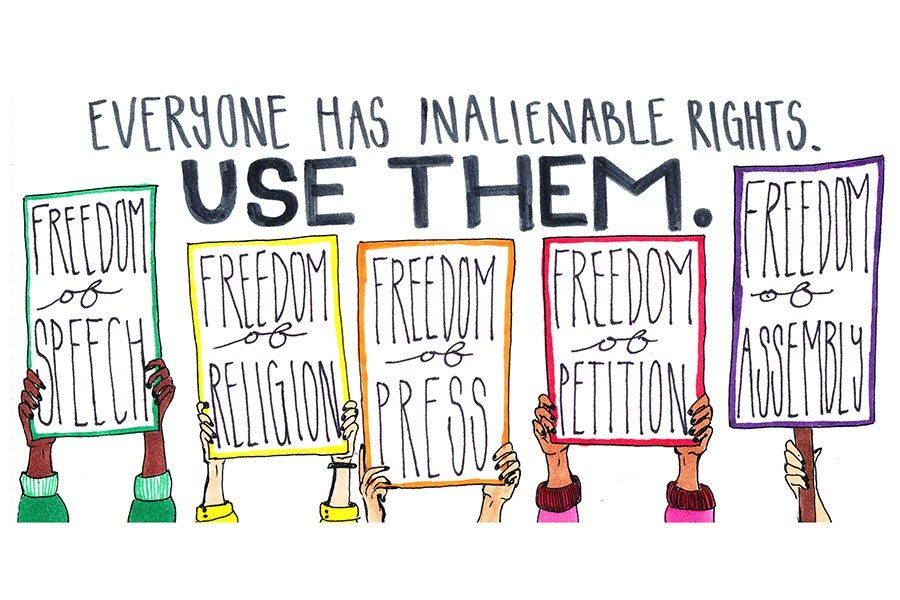Eight Values of Free Expression
The Eight Values of Free Expression are essential in maintaining a free society in the United States. The values that resonate with me the most are "Individual Self-Fulfillment" and the "Promotion of Innovation". These two values have significantly impacted my development and way of life.
The value of "Individual Self-fulfillment" is particularly in my life because it allows me to seek out my passions and interests and find others who share similar ones. For example, I danced competitively at Rising Star Dance Academy back in Minnesota for 15 years. As an adolescent, I developed an interest in dancing, and the value of "Individual Self-fulfillment" allowed me to act on that interest and promote it to others. I now consider the art of dance as a critical aspect of my life and my personality, and sharing that value with fellow dancers from across the country is something I am forever grateful for.
The value
"Promotion of Innovation" is another value that I greatly appreciate in my life. The process of getting my degree in Strategic Communications has shown me the power and influence that innovative and creative thinking has on our society and our world. Free Speech allows creative minds, inventors, innovators, artists, and so many more people to use their own methods to express ideas, create change, and impact the community around them.
Even though the two aforementioned values are particularly important to me, all eight values of free expression are relevant and beneficial. The value I think might be most pertinent to the function of society as a whole is the
"Check on Governmental Power". Checks and balances are crucial in maintaining an ethical, well-run, values-based government. Though there is great discomfort and disapproval about our current government, this can be a good thing. When the press, the general public, or organized political groups do not agree with government actions, we have the ability to state our grievances and enact change where we see fit.
All of these values can be seen in action in our society today. The values that promote free speech and free thinking are seen within the work of comedians, artists, dancers, singers, public speakers, activists, and really any individual that chooses to express themselves in a public manner. An example of free speech and government disapproval working together is displayed in today's
"Defund the Police" movement. This movement is centered around the desire for law enforcement that behaves differently and more effectively in society. Free expression allows supporters of the "Defund the Police" movement to openly criticize the current government actions and ask for change within the system.
One theory called the "Marketplace of Ideas" can also be seen and related to real-world events. This marketplace describes the freedom of opinion, expressing ideas, and fighting for personal opinions and values. All over social media platforms such as Twitter, Facebook, Instagram, etc., political and personal ideology is openly and passionately expressed. While this often leads to conflict and division within our country and between political parties, it also is a necessary evil. When someone without a strong opinion wants to understand the argument for multiple sides of an issue, the "Marketplace of Ideas" allows them to examine any and all opinions and thoughts that each sector of the population holds.
Overall, the Eight Values of Free Expression are very important and necessary in the lives of Americans today. They can be seen at work in past cases and events, as well as happenings of today.











